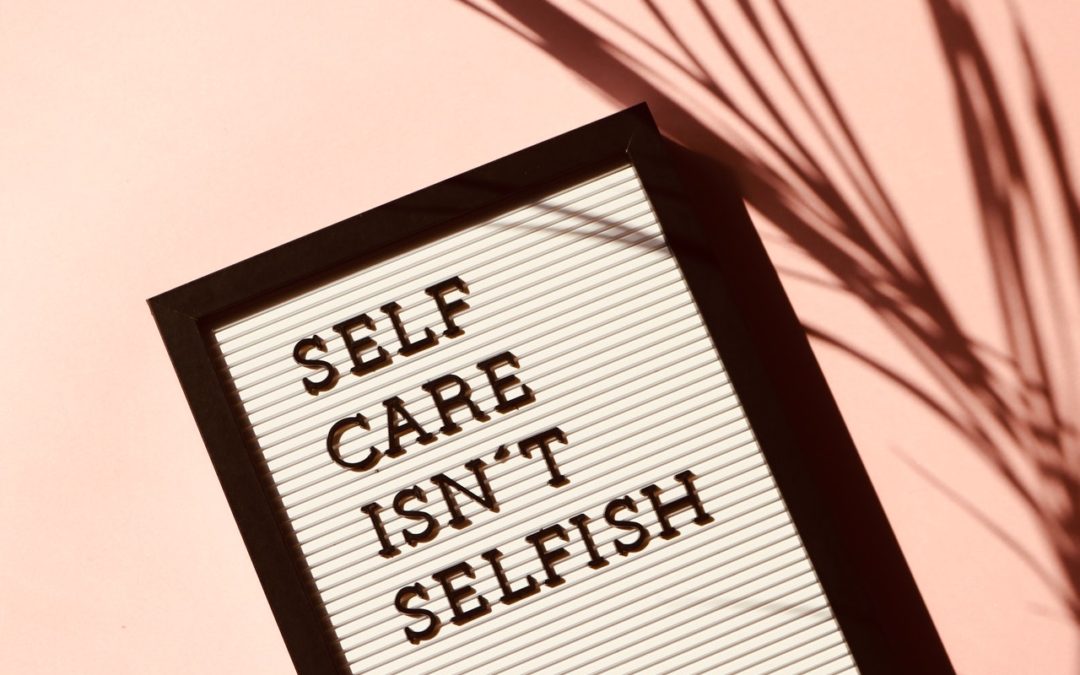I was reading an article in Psychology Today by Noam Shpancer, PH.D., and thought I’d share a little from this article. The title of the article is Designed For Success “Resilience is in human nature. Persevering through adversity is not a bug in our software but a feature of the hardware.” Psychologist Ann Masten and Norman Garmezy, pioneers in the study of resilience, defined it as “the process of, capacity for, or outcome of successful adaptation despite challenging or threatening circumstances.”
In today’s world, there is often a sense of bias that some are more capable of developing resilience than others. In fact we all have this capacity, however there are still multiple factors that predict resilience outcomes as defined in the article as intelligence, personality, connection, flexibility, and hardiness. The later two are extremely important. Psychological flexibility refers to “one’s mental agility and adaptability to situations.” Psychological hardiness is “the ability to assess stressors accurately, face them intentionally, and act on them with courage and purpose, transforming potential calamity into opportunity.”
There are of course other contextual variables such as family, community, and cultural circumstances that can surely shape our perceived ability for resilience. While external conditions can play a big role in success in the face of adversity, there are some aspects of resilience that are up to us. The following are 4 things we can do to try to nurture and grow in our resiliency.
- Having strong reciprocal relationships where we can take turns investing in and receiving support from intimate partners, familial and community members.
- Practicing Flexibility by accepting and facing the challenge the world has placed before you. This requires accepting our feelings but consulting our values and goals before making decisions. Stress zooms in the lens and narrows our perspective, so we need to zoom out and perceive the situation from a broader perspective.
- Take action in problem solving rather than spinning in a cycle of worry that keeps us paralyzed in a helpless loop. Focus on aspects of the situation that are within our sphere of influence or under our control.
- Self-Care is imperative. Often people perceive this as “selfish.” We all know we can’t help others without helping ourselves first, but in reality, we’re really good at taking care of others and emptying our emotional tank. Increase activities that provide you with meaning, joy, peace, serenity, and gratitude.
If you are struggling in developing resilience, you might just need a little help and accountability to work on your resiliency practice. Click Here to set up a Free Consultation.

